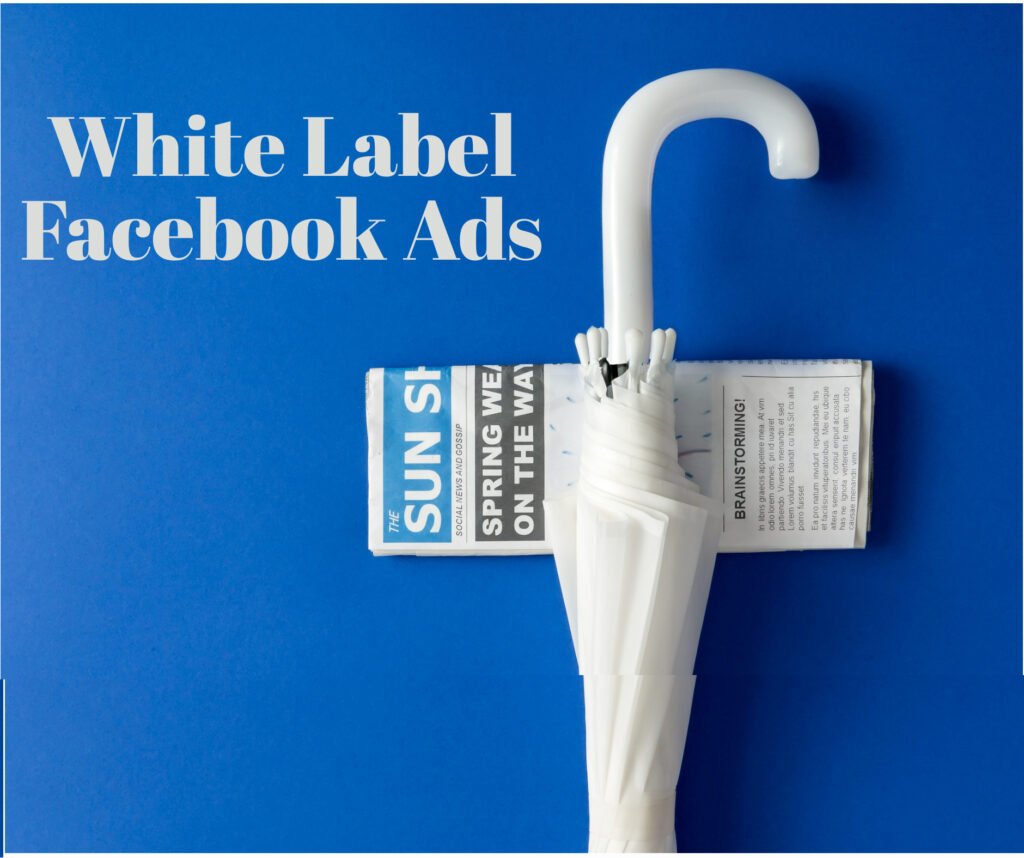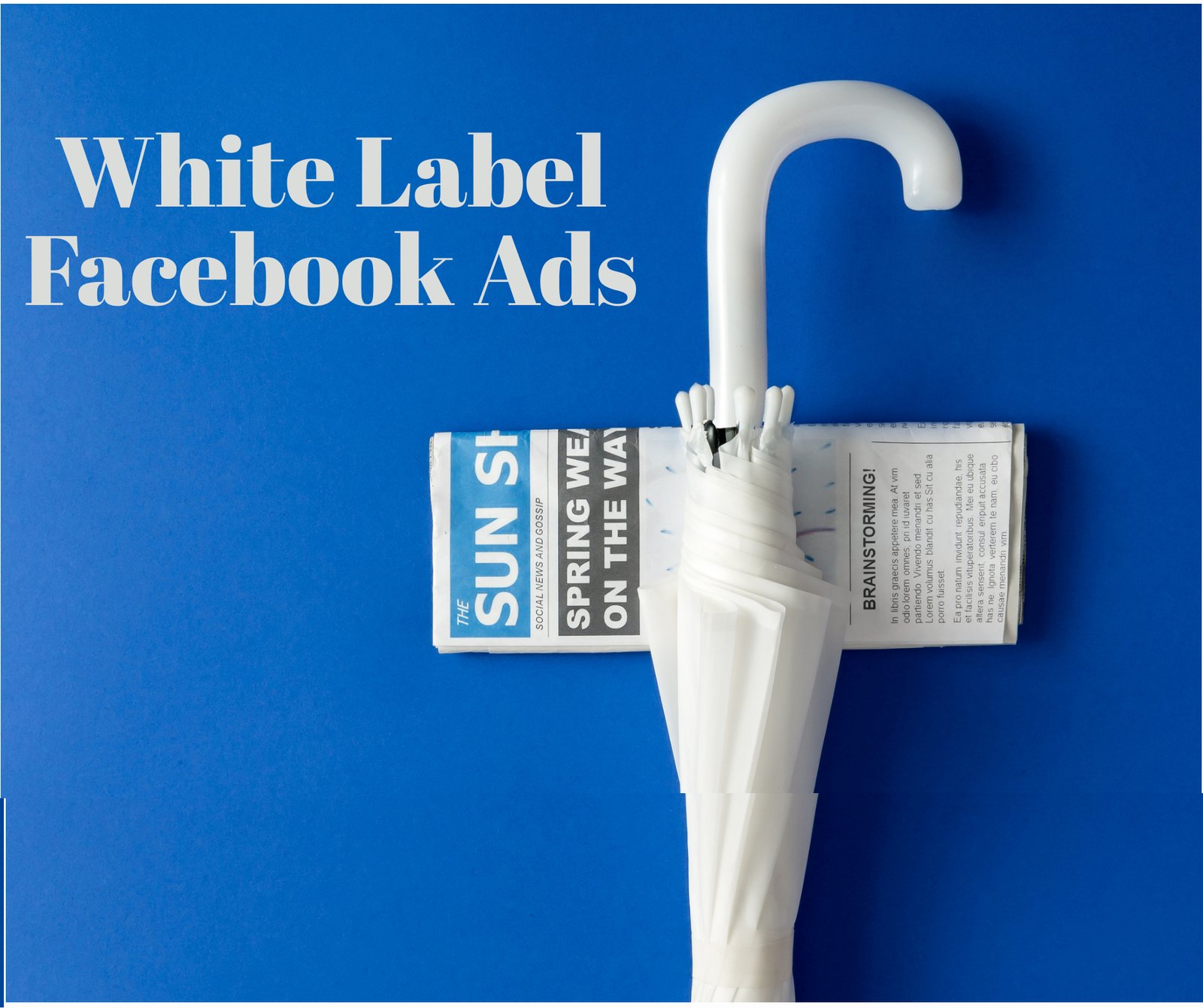What are White Label Facebook Ads?
White label Facebook advertisements refer to the practice of having one firm (the service provider) designs and oversees Facebook advertising campaigns for a different company (the customer) which then rebrands these ads as their own. In essence, this involves selling Facebook advertising products with the name of the client providing a seamless and comprehensive marketing solutions.

How Do White Label Facebook Ads Work?
1. Marketing to Clients: A company is able to attract clients that are that are interested in Facebook advertising services.
2. Campaign Creation: After client acceptance, the service develops ad campaigns that are customized to the needs of the customer.
3. Branding: The brand of the service provider replaces the branding of the client, which ensures the same branding experience.
4. Management: The service provider oversees advertising campaigns, maximizing the performance of each campaign and providing periodic report to the customer.
5. Communication with Clients: The customer is in direct contact with the service in regards to updates, modifications and for feedback.
Advantages of White Label Facebook Ads
1. Expertise Access: Clients have access to experienced marketers as well as advertising specialists, without having to hire internal teams.
2. Scalability: Service providers can increase the size of their services in order to meet the needs of many clients in a timely manner.
3. Time and cost efficiency: Clients can save time and money through outsourcing the creation of ads and administration.
4. Consistent Branding: Campaigns have been designed to align with the brand of the client, which ensures uniformity across channels of marketing.
5. Concentrate on the Core Business Customers are able to focus on essential business functions while leaving marketing to professionals.
Common FAQs About White Label Facebook Ads
1. How can white label Facebook advertisements differ from normal Facebook advertisements?
White label Facebook ads are developed and handled by a third-party service provider for the client. The provider is then rebranded and resells the products. As opposed to normal Facebook advertisements are designed and controlled by the advertiser, without involving the services of third parties.
2. Are white-label Facebook advertisements be tailored to meet specific needs of a business?
White label Facebook advertisements are extremely customizable. The providers work with their clients to learn about their needs as well as their target market and their voice for the brand. They then tailor ads to suit.
3. What degree of transparency can customers expect from white-label Facebook advertisements?
Customers can be assured of complete transparency from their providers about the performance of campaigns the allocation of budgets, as well as optimization strategies. regular reports and channels for communication keep clients informed each stage of the process.
4. Do white-label Facebook ads appropriate for small-sized businesses?
White label Facebook ads are beneficial for small companies by giving them the ability to access professional marketing for a fraction of the costs of running an in-house marketing department. They can be competitive in the online market.
5. How can companies protect privacy and data security for white-label Facebook advertisements?
They adhere to strict protocol for data security and privacy laws to protect customers’ and clients’ information. Privacy agreements, as well as industry-standard security protocols are in place to guarantee data integrity as well as protection.
Conclusion
White label Facebook advertisements provide a competitive benefit to agencies and companies looking to gain an edge in the field of digital marketing. Utilizing the knowledge of companies, customers can simplify their marketing efforts, reach specific audiences and get tangible results. The art of understanding the subtleties of white-label Facebook advertisements and how to address commonly asked questions allows businesses to make educated decisions and maximize their advertising potential within the constantly changing digital environment



